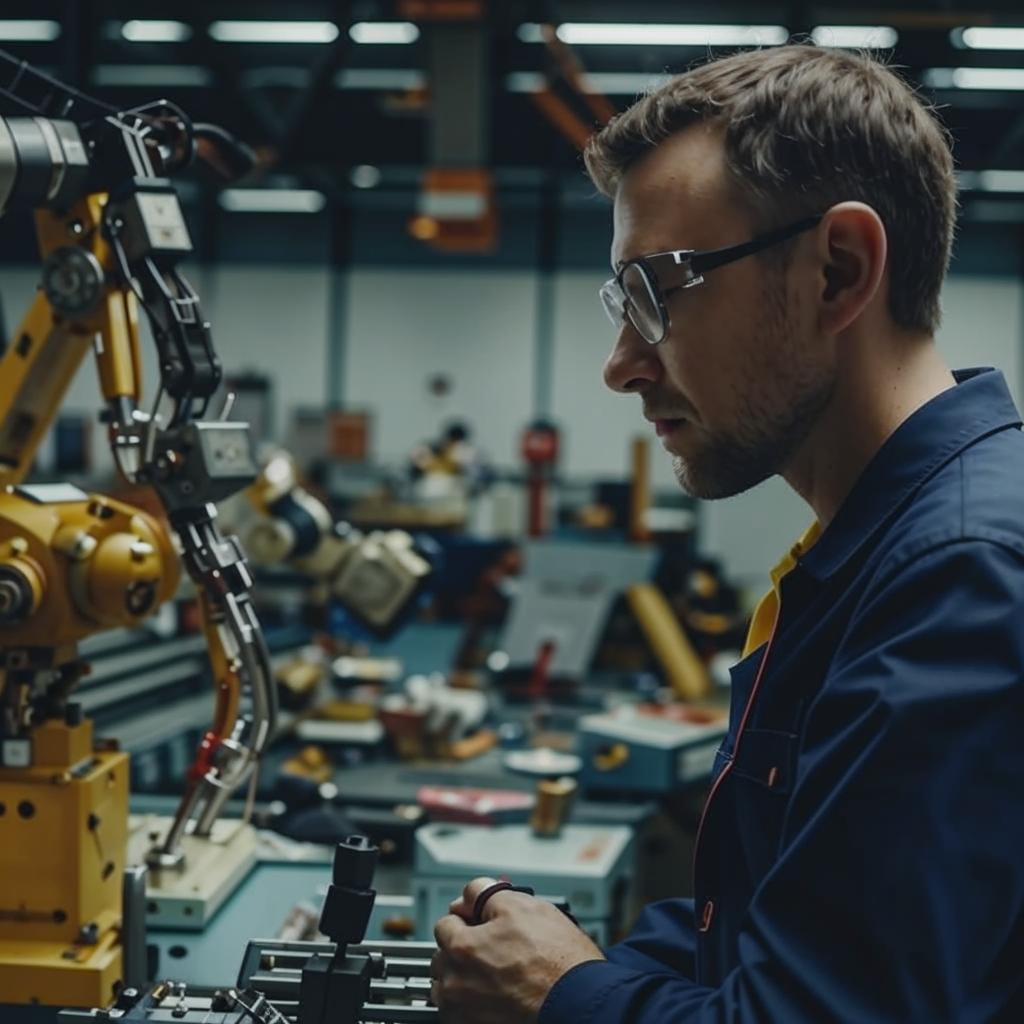Automation is rapidly transforming the labor market, raising concerns about job displacement while simultaneously creating opportunities for new skills and roles. The increasing capabilities of robots and artificial intelligence are automating routine tasks across industries, from manufacturing and logistics to customer service and data analysis.
Experts predict that millions of jobs could be lost to automation in the coming years. However, many economists argue that automation will also generate new jobs, albeit requiring different skill sets. The demand for workers with technical expertise in areas like AI development, data science, and robotics maintenance is expected to surge.
The challenge lies in bridging the skills gap. Workers need access to training and education programs to acquire the skills needed for these emerging roles. Governments, businesses, and educational institutions must collaborate to provide accessible and affordable training opportunities.
Beyond technical skills, there’s a growing need for uniquely human skills, such as critical thinking, problem-solving, creativity, and emotional intelligence. These skills are difficult to automate and will be highly valued in the future workforce.
The transition to an automated economy will not be without its challenges. Policymakers need to consider strategies to mitigate job losses, such as providing unemployment benefits, retraining programs, and exploring universal basic income. Adaptability and a willingness to learn will be crucial for workers to thrive in this evolving landscape. The future of work is uncertain, but by embracing education, innovation, and proactive policies, we can navigate the automation revolution and create a more inclusive and prosperous economy for all. Finishtit














